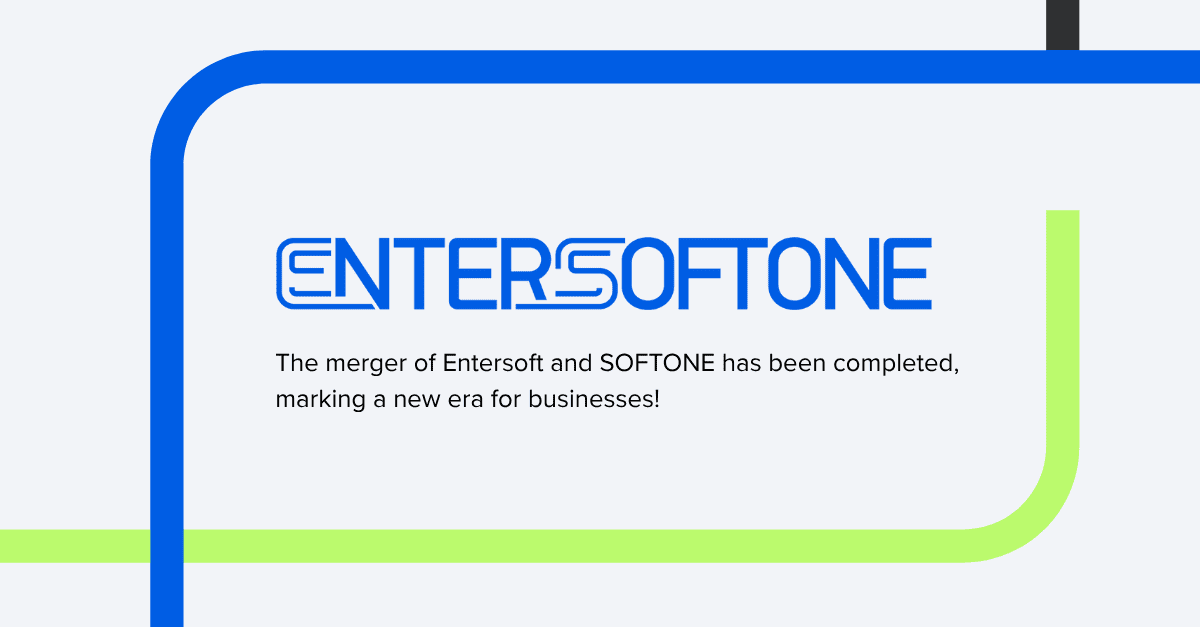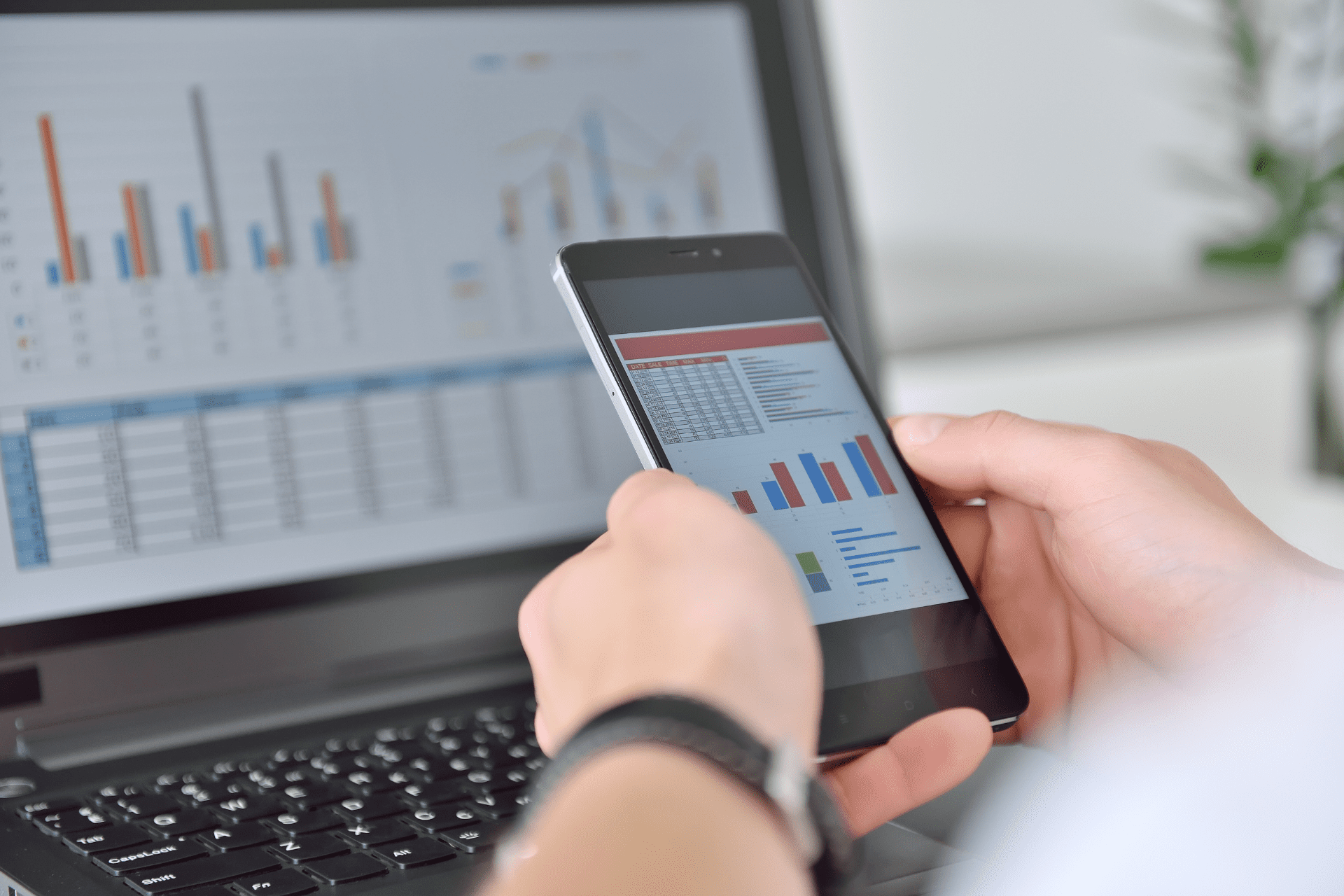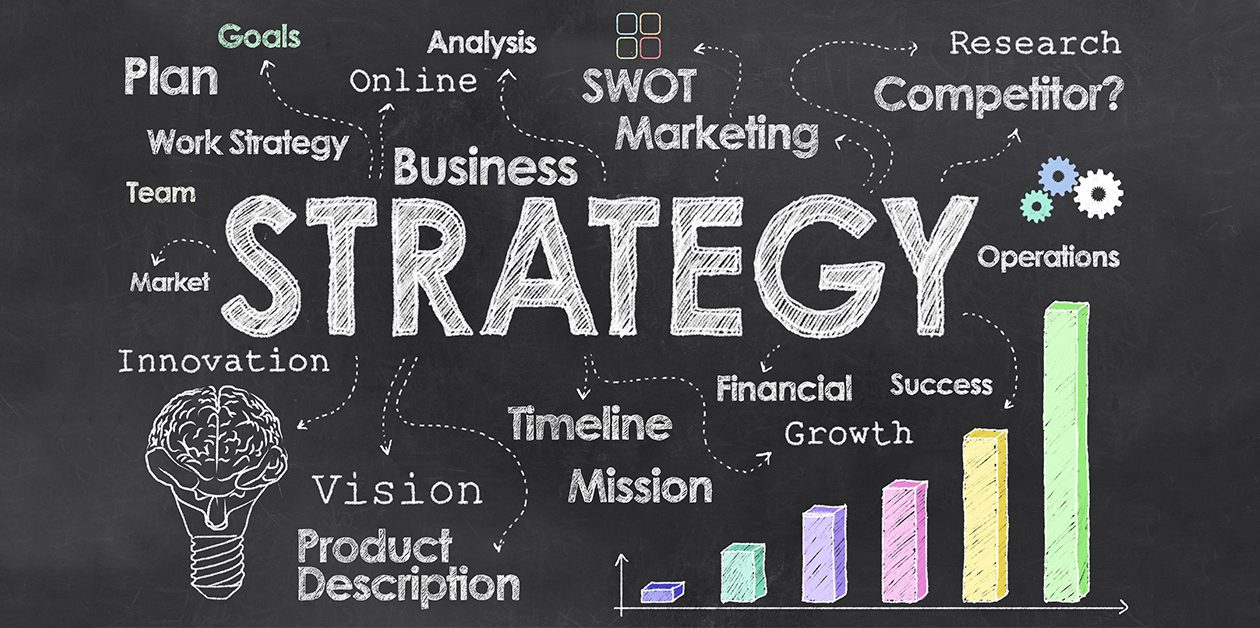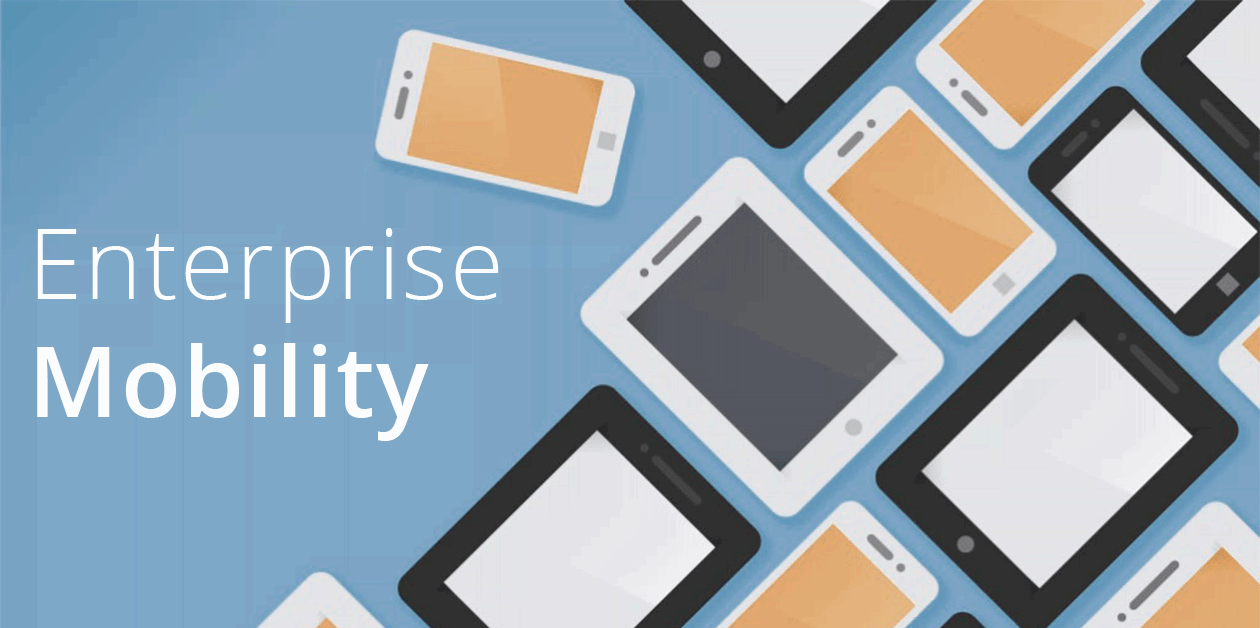Share
Read also

Trends & Views
Digital Transformation Strategies for Success

Business Software
CRM for Small Businesses and Seamless Integration

News & Events
ENTERSOFTONE: The merger of Entersoft and SOFTONE has been completed, creating the largest provider of business software products and services in Greece and Southeast Europe.

Mobility
Outlook for the BYOD and EM market from 2025 to 2035
Mobile-designed apps enable businesses to transform their operations -from data collection to information sharing, reporting etc. Read below for an analysis of the way mobile-first enterprise apps transform business processes and operations.
In the past, things used to be much simpler, since all business operations were processed in printed form, with all the consequences such a practice entails. Thanks to mobile platforms, this practice is now obsolete and businesses enjoy increased reliability and reduced risks. After all, printed documents can create a variety of problems, including illegible handwriting, paper cost, risk of copies getting lost or destroyed, lack of multimedia features, and time-consuming data collection and sharing processes.
Accordingly, data collection used to be restricted to human senses and manual reporting abilities. With mobile apps, employees can collect even richer and more detailed reports on the field, using multimedia options such as photos, recordings, barcode scans and complicated forms. Furthermore, mobile apps can share and analyse data in real time. As a result, businesses benefit from increased transparency and the ability to monitor trends and standards as they evolve, while they can also get prompt notifications in case of issues or downtime, or if service is required.
Using an app that collects data and knows where to store and send it, you can streamline data collections and have highly precise reports. Then, integrated mobile workflows ensure that your data insights will be forwarded to the right people, cloud services and systems. The result will have a direct impact on improving service quality and compliance with the industry standards.
Given all these important business capabilities, there is also a need for seamless user experience. Since mobile devices are becoming more and more common, it is not rare for an employee to own more than one devices and, therefore, require a more integrated experience while using their smartphone and tablet, in comparison to the experience they are used to having on their desktop.
Business users are familiar with consumer apps that are complicated, advanced and -most importantly- easy to use. Therefore, they expect the same experience from the enterprise mobile apps they are using for their daily business operations. So, when an employee runs a business app for their work, they need this app to “know” who they are and where they are, and expect it to offer suggestions for the next steps, indicating what data to collect or who to send this data to.
Anything less than this user experience will result in stress, decreased productivity and potentially negative impact on profitability. By contributing to the user experience, enterprise apps make users smarter, quicker and more effective.







